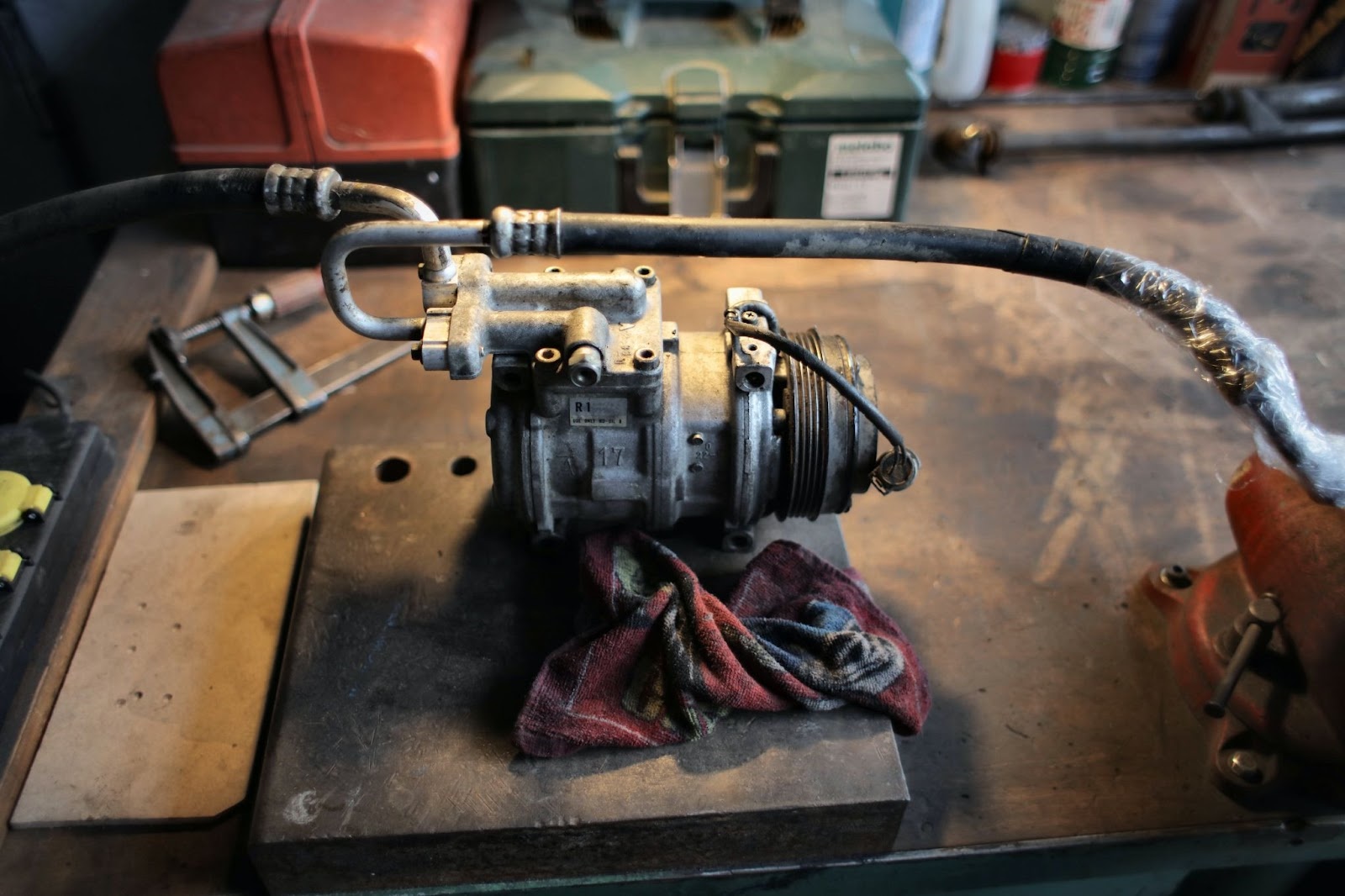OEM vs. Aftermarket Parts: Which Is the Better Choice?

Should You Invest in OEM Parts or Go for Aftermarket Alternatives?
Automev.Com Blog Post
When it comes to repairing or upgrading your vehicle, selecting the right replacement parts can feel overwhelming. Among the many options available, OEM (Original Equipment Manufacturer) and aftermarket parts are the two most prominent categories. Each has unique characteristics, advantages, and drawbacks. This guide will walk you through the key differences, helping you determine which type of part is best suited for your needs.
What Are OEM Parts?
Definition and Origins
OEM parts are those manufactured by the same company that produced the original components of your vehicle. Essentially, these are identical to the parts your car was equipped with when it left the factory. Many automakers, including Toyota, Ford, and BMW, supply OEM parts to consumers as a means of maintaining their vehicles with components that meet original specifications. These are often referred to as genuine parts when sold directly by the automaker.
It’s worth noting that OEM doesn’t only apply to mechanical components; it also includes essential fluids like motor oil, transmission fluid, and brake fluid that are formulated for specific vehicle systems.
Benefits of OEM Parts
-
Perfect Fit and Compatibility:
OEM parts are tailored to fit specific makes and models, ensuring flawless integration with your vehicle's systems. -
Stringent Quality Standards:
These parts undergo rigorous quality control during manufacturing, guaranteeing they meet the same standards as the original components. -
Warranty Support:
OEM parts often come with warranties backed by the vehicle manufacturer, offering added peace of mind regarding their reliability and performance.
Drawbacks of OEM Parts
-
Higher Price Tag:
While their quality is unmatched, OEM parts are typically more expensive than aftermarket options, which can make repairs costlier. -
Availability Issues:
Depending on your location and vehicle type, OEM parts may not always be readily available, potentially delaying your repair timeline.
Understanding Genuine Parts
Genuine parts represent a subset of OEM components, often produced by trusted suppliers under the automaker's supervision. While they meet stringent quality standards, they are not always manufactured directly by the vehicle brand itself.
Key Characteristics of Genuine Parts:
- They uphold the same quality and performance standards as OEM parts.
- Automakers often offer warranties specific to genuine parts.
- These components ensure compatibility and reliability, similar to OEM options.
What Are Aftermarket Parts?
Definition and Variety
Aftermarket parts are produced by independent manufacturers who specialize in creating replacement components. These parts are designed to function like—or in some cases, outperform—OEM components. The aftermarket sector is diverse, offering options for nearly every budget and requirement.
Benefits of Aftermarket Parts
-
Affordability:
One of the primary reasons people choose aftermarket parts is their cost-effectiveness, providing significant savings without necessarily sacrificing quality. -
Wide Availability:
These parts are widely accessible through online stores, local shops, and auto retailers, making it easier to find what you need. -
Innovative Features and Customization:
Aftermarket manufacturers often enhance designs, introducing new features or offering customizable options for vehicle owners who want a personal touch.
Drawbacks of Aftermarket Parts
-
Inconsistent Quality:
The quality of aftermarket components varies widely across brands. Some may deliver exceptional performance, while others may not meet your expectations. -
Potential Fit Issues:
Although many aftermarket parts are designed to fit a wide range of vehicles, they might lack the precise fit of OEM parts, leading to installation challenges.
How to Decide Between OEM and Aftermarket Parts
Making the right choice depends on several factors, including your budget, vehicle’s age, and specific needs. Below are some key considerations to guide your decision:
1. Vehicle Under Warranty:
If your vehicle is still covered by the manufacturer’s warranty, sticking with OEM parts might be safer to avoid any potential voiding of coverage.
2. Budget-Friendly Solutions:
Aftermarket parts are an excellent choice for those looking to save money. To ensure quality, stick to reputable brands and read reviews from other users.
3. Customization or Restoration Projects:
For car enthusiasts working on restorations or customizations, the variety offered by aftermarket parts can be appealing.
4. Mechanical Experience:
OEM parts are often easier to install due to their exact fit, making them a better choice for those with limited mechanical expertise. Experienced DIYers, on the other hand, may appreciate the flexibility of aftermarket options.
Conclusion: Making the Right Choice with Automev.Com
The debate between OEM and aftermarket parts ultimately comes down to individual needs and circumstances. While OEM parts guarantee quality and compatibility, aftermarket parts provide cost-effective and customizable alternatives for those willing to explore reputable options.
At Automev.Com, we specialize in providing high-quality aftermarket parts for a wide range of heavy-duty and commercial vehicles. Our extensive selection ensures you’ll find durable and reliable components tailored to your specific needs—all at competitive prices. Whether you’re looking for brake systems, hubs, compressors, or other essential parts, Automev.Com is your trusted partner for vehicle maintenance and upgrades.
Explore our catalog today and make the smarter choice for your vehicle repairs and customizations. Automev.Com – Quality Parts, Exceptional Value.
Frequently Asked Questions (FAQs)
1. Are OEM parts always more expensive than aftermarket parts?
Yes, OEM parts tend to cost more due to their authenticity and strict manufacturing standards.
2. Can using aftermarket parts void my vehicle's warranty?
It depends on the terms of your warranty. Some warranties require the use of OEM parts, so it's important to review the details before making a choice.
3. Do aftermarket parts include warranties?
Yes, many aftermarket components come with warranties, but the terms and coverage vary between brands.
4. Are aftermarket parts lower in quality?
Not necessarily. Reputable aftermarket brands often produce high-quality parts that can meet or exceed OEM standards.

 TR
TR EN
EN

